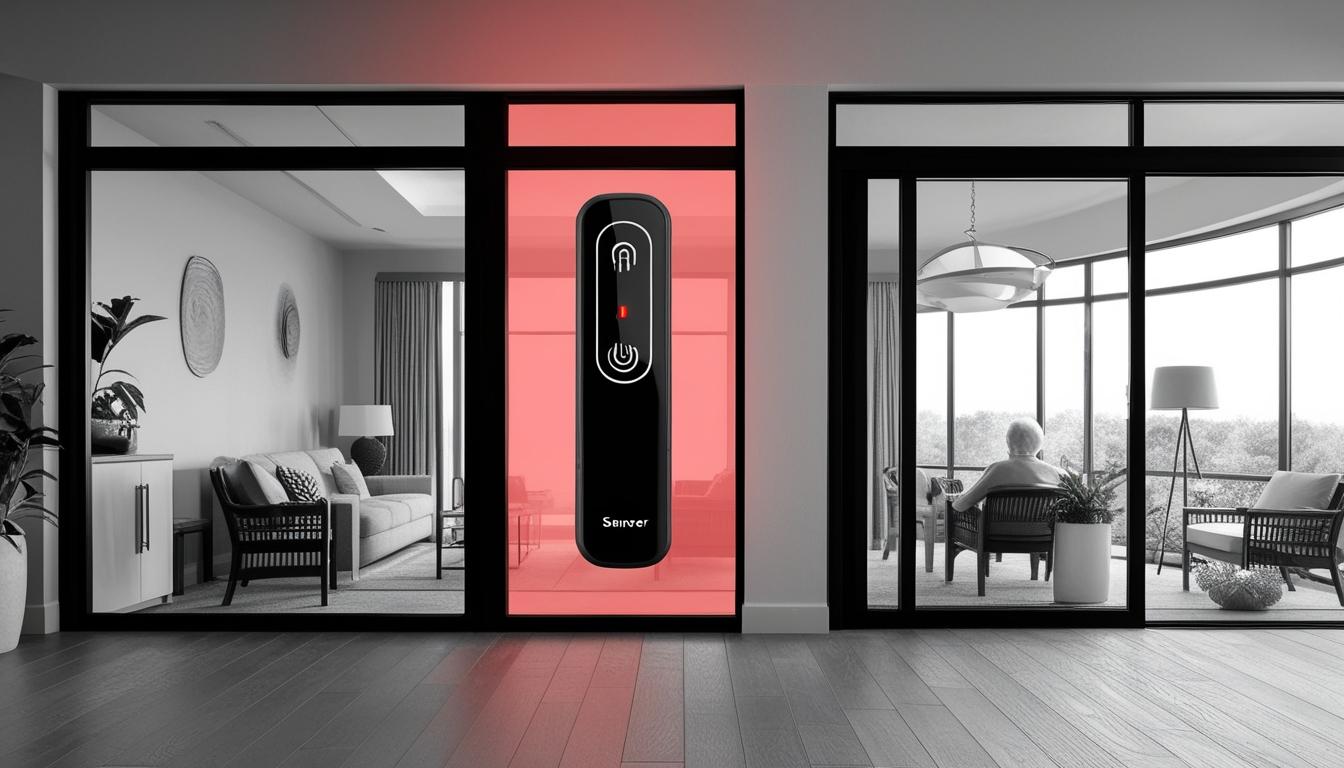An integrated housing and care technology initiative aimed at supporting retirees is set to launch in South Lanarkshire, following a successful funding bid by Archangel, a Glasgow-based tech company. The project is part of a £600,000 funding allocation from the UK Government intended to foster digital health advancements across the country.
Archangel will collaborate with the Digital Health & Care Innovation Centre (DHI) and Bield Housing & Care to implement the new project, which will initially impact approximately 25 homes within a retirement housing development in Biggar. The initiative involves the installation of unobtrusive sensors designed to monitor critical property and wellbeing conditions such as temperature, humidity, and motion.
The information collected by these sensors will be transmitted to Archangel’s ambient assisted living (AAL) technology platform, which will oversee a continuous monitoring process. This system aims to ensure that immediate responses can be initiated should any issues arise that could affect the tenants or their living environments.
The sensors will connect to Angelnet, a versatile connectivity network that utilises broadband, mobile technology, and LoRaWAN (a wireless low-power, wide-area network technology). This interconnectivity is a key feature of the project, facilitating the efficient gathering and management of data related to residents’ living conditions.
This initiative, titled “Evaluating care delivery in rural settings,” is one of eleven projects to receive investment from the UK’s Department of Science, Innovation and Technology (DSIT) as part of the 5G Innovation Regions (5GIR) funding programme.
Tom Morton, CEO and founder of Archangel, spoke to DIGIT about the pressing need for integrated data solutions. He noted that, “Data related to social housing, health, care and wellbeing is currently fragmented across multiple vendor systems and siloed datasets.” Morton emphasized that the existing disjointed systems lead to inefficiencies that impede the broader adoption of IoT technologies by increasing costs and complicating management efforts.
He further explained that the initiative would offer a more cost-efficient solution by leveraging social housing data collected from various IoT devices through a unified communication framework. “It offers a single, holistic view of individuals and their home environments, allowing for collective decision-making and timely interventions,” Morton added.
Janette Hughes, director of planning and performance at DHI, highlighted the project's focus on enhancing the safety and responsiveness of housing to individual needs. She stated, “This is ultimately about making housing safer and more responsive to personal circumstances for communities and allowing people to live happier, longer and more secure lives in their own properties.” Hughes expressed satisfaction at a Scottish enterprise securing this level of funding and reiterated DHI's commitment to advancing digital health innovations that contribute to improved quality of life for Scottish residents while facilitating business opportunities in the sector.
Source: Noah Wire Services
